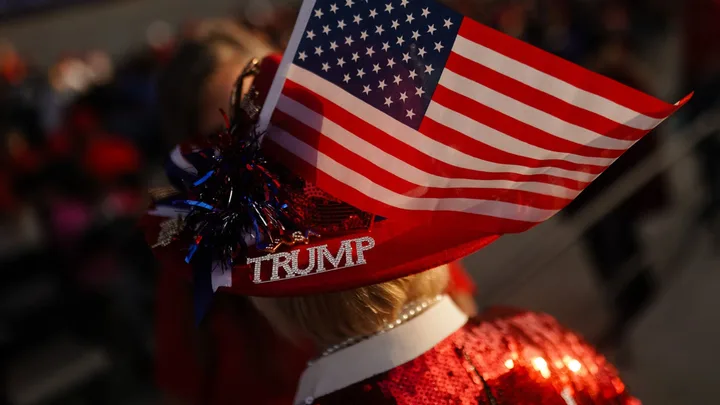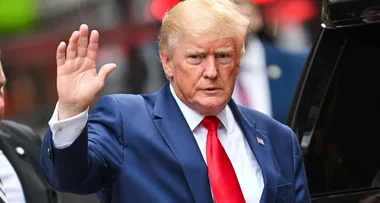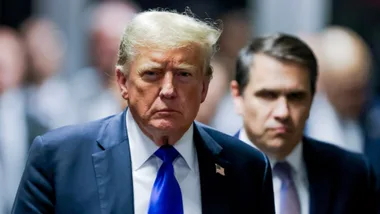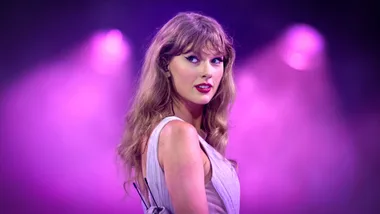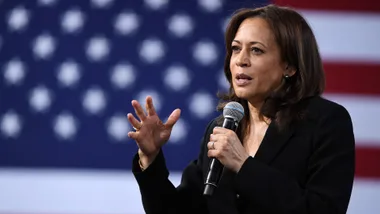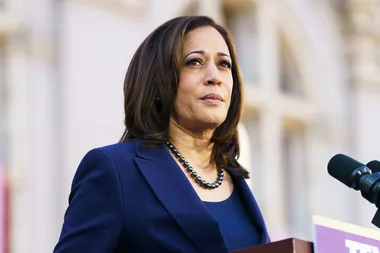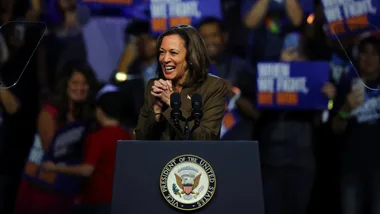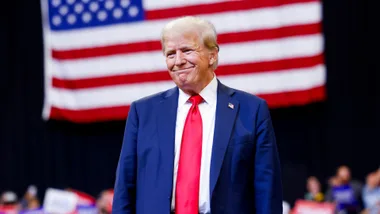New research dissecting the difference between Kamala Harris and Donald Trump’s vocabulary has been released.
The results, while unsurprising to anyone who’s listened to either candidate throughout this presidential campaign, are an interesting insight into the power of language in the political toolkit.
The new study commissioned by QRFY, analysed the linguistic complexity of the Republican and Democratic nominees’ speeches during the presidential debate television on September 11, 2024.
Using the transcribed speech, researchers employed an algorithm to evaluate each speaker’s vocabulary based on average sentence length, percentage of complex words used, and the overall Flesch-Kincaid Grade Level of speech, which relates to readability.
For reference, the indicator is based on a scale of zero to 18, with the latter being the hardest to read and understand.
When it comes to the United States, a Flesch-Kincaid Grade score of eight is considered optimal, placing it within the average eighth-grade reading age of four in five Americans.
What Was Donald Trump’s Vocabulary Grading?
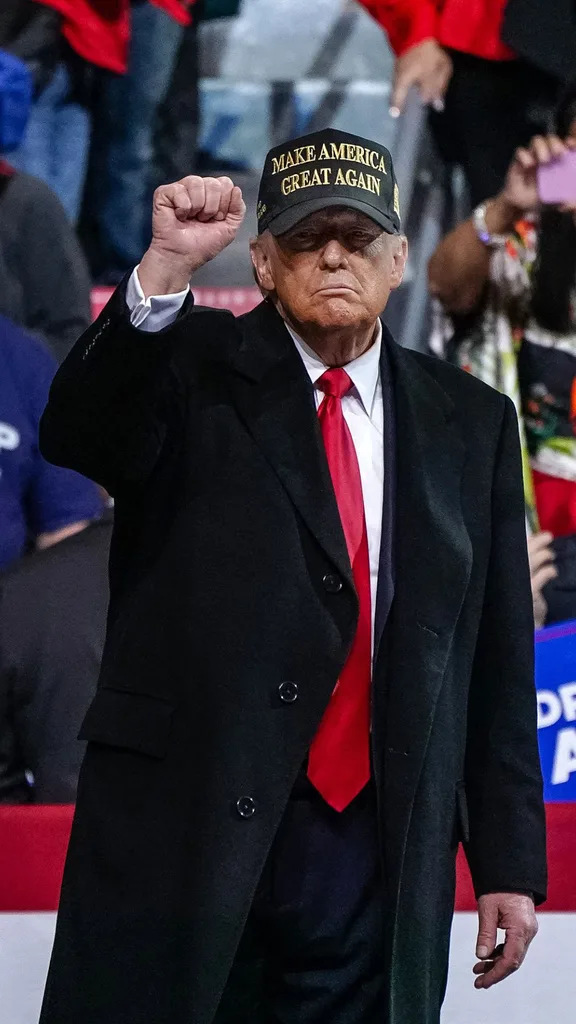
According to the results, Donald Trump used a total of 824 sentences, each measuring around 11.74 words in length. Of the 9,675 audible words he used, 601 were considered complex, by Flesch-Kincaid Grade standards or readability. This represents 6.2% of all the words the former US president used during the candidate’s debate.
Trump’s overall score was 3.12 out of 18, equivalent to the reading ability of a third-grader within the American educational system. The speech, therefor, was broadly understandable for anyone aged eight and above, and while the score increased slightly to 3.9 when the presidential candidate spoke in longer sentences, the reading age stayed within the same boundaries.
The results referred to Donald Trump’s most complex instance of speech, as being in relation to his proposal for imposing higher tariffs on foreign trade.
“They aren’t gonna have higher prices,” he said. “What’s gonna have and who’s gonna have higher prices is China and all of the countries that have been ripping us off for years. I charge, I was the only president ever China was paying us hundreds of billions of dollars and so were other countries and, you know, if she doesn’t like ’em, they should have gone out and they should have immediately cut the tariffs, but those tariffs are there three and a half years now under their administration.”
“We are gonna take in billions of dollars, hundreds of billions of dollars. I had no inflation, virtually no inflation, they had the highest inflation, perhaps in the history of our country because I’ve never seen a worse period of time. People can’t go out and buy cereal bacon or eggs or anything else. These the people of our country are absolutely dying with what they’ve done. They’ve destroyed the economy and all you have to do it look at a poll. The polls say 80 and 85 and even 90% that the Trump economy was great that their economy was terrible.”
During the above part of Donald Trump’s speech, the score lifted momentarily to a 10.1 out of 18, which is equivalent to the level of readability of a 15-16 school aged child.
What Was Kamala Harris’ Vocabulary Score?
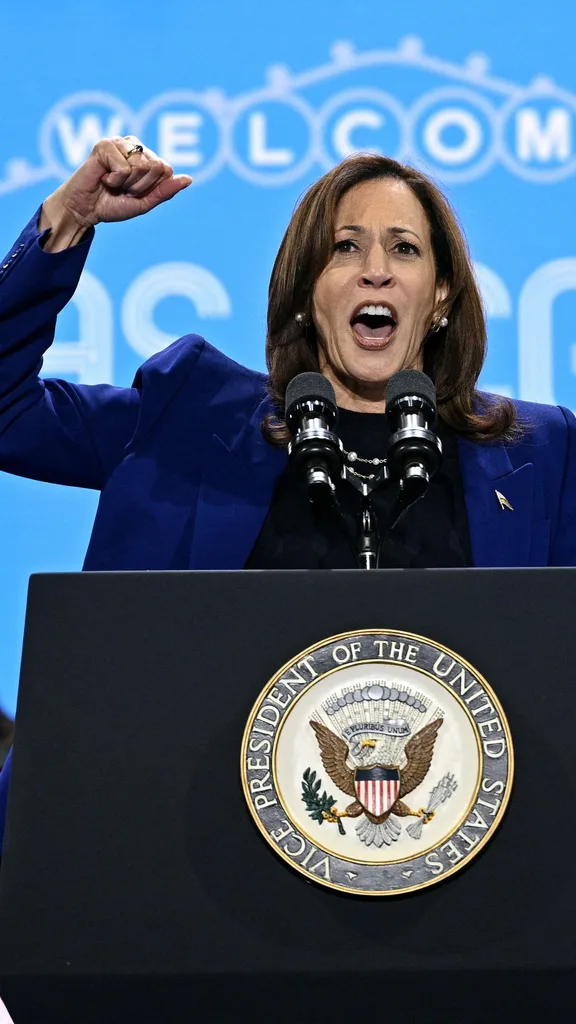
Comparatively, vice-president Kamala Harris used fewer words during her speech, but overall, the language was more complex.
“Of the 6,673 words she pronounced on the ABC News presidential debate last month, 762 were complex, equivalent to 11.4% of her entire speech,” reads the results.
“Sentences tend to have 18.48 words, on average. Mrs. Harris thus uses significantly longer sentences than Mr. Trump, adding almost seven extra words to each sentence, on average.”
On the Flesch-Kincaid Grade scale, Harris’ language during the debate received an average score of 6.6, or that of a sixth grader, rising to 12.2 during the most complex parts of her speech – which interestingly coincide with the part of Trump’s speech that saw a spike in the scale, too.
“He invited trade wars, you wanna talk about his deal with China what he ended up doing is under Donald Trump’s presidency he ended up selling American chips to China to help them improve and modernise their military basically sold us out when a policy about China should be in making sure the United States of America wins the competition for the 21st century,” Harris responded with, before continuing.
“Which means focusing on the details of what that requires, focusing on relationships with our allies, focusing on investing in American based technology so that we win the race on A.I. and quantum computing, focusing on what we need to do to support America’s workforce, so that we don’t end up having the on the short end of the stick in terms of workers’ rights. But what Donald Trump did let’s talk about this with COVID, is he actually thanked President Xi for what he did during COVID. Look at his tweet. “Thank you, President Xi” exclamation point. When we know that XI was responsible for lacking and not giving us transparency about the origins of COVID.”
So what does it all mean and does the type of language used have any bearing on a candidate’s success or failure?
With America heading to the polls as we speak, we might have our answer soon.
READ NEXT
What Does It Mean For Australians If Donald Trump Wins?
What It Means For Australians If Kamala Harris Wins The US Election
What Does The Trump/Harris Debate Mean For Women’s Productive Rights?
